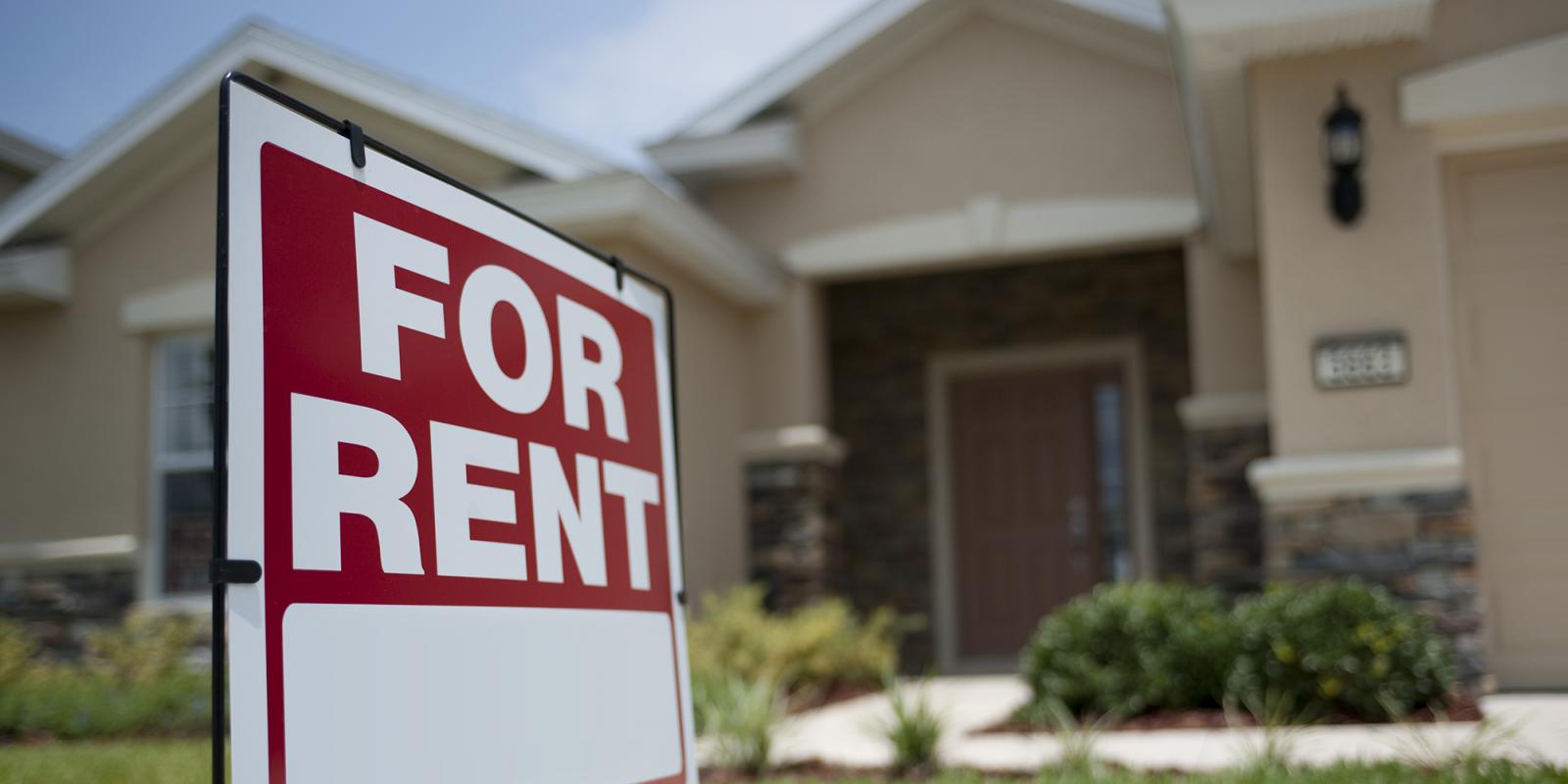One big perk of retirement can be travel, but to ensure trips are stress-free, it’s best to know how to avoid rental scams that can target even the most seasoned traveler.
Renting or purchasing properties in different parts of the country opens the door for adventure, but unfortunately it can also open the virtual door for scam attempts. Caution must be used when making any type of payment involving rental properties, purchasing real estate or buying a timeshare. Asking a lot of questions is critical, as is shying away from anyone who tries to pressure buyers into sending money immediately.
How Does the Rental Scam Work?
A scam artist uses photos of a real property, or hijacks a legitimate listing, to create a real estate advertisement. The problem with this appealing property, however, is that it is not actually available for rent or purchase. It is likely the scammer stole photos of a house owned by someone else—someone who has no idea that their home is being used to con people. The scammer advertises the property—a condo, house or timeshare—online, often on a free classified website.
The scammer’s listing will usually stand out because it will be offered at an astonishingly affordable price that is significantly cheaper than comparable properties in the neighborhood. In addition, the house will often offer every amenity, such as waterfront views, short walks to private beach access and the promise of a quiet street with ample parking.
This looks like an amazing deal, so naturally people reach out to the listed contact and ask to tour the property. A seemingly sincere response comes back, saying something like, “I’d love to give you a tour but unfortunately, this beautiful home belongs to my ailing parents who I am currently moving across the country to live with me. I won’t be able to show you the unit as I am assisting them, but I have received many offers already and would be happy to take a security deposit to hold this unit for you.”
This is a red flag. A legitimate landlord or property manager would be willing to arrange for someone local to show potential renters or buyers the property. If the seller asks for a deposit to “hold” a rental before the potential renter/buyer can see it in person, it could be a scam.
‘It is never necessary to send money or provide personal information without viewing the unit or meeting the owner in person.’
These scam artists also know that many retirees find second homes or vacation rentals in parts of the country in which they do not live. It’s best to send a trusted friend who’s local to drive by the rental or ask for a live video tour. Scammers often target people planning to move and advertise homes listed at an address that does not exist, thinking their targets will have no chance to double-check house numbers.
The photos, amenities and price can seem close to perfect. If a house sounds too good to be true, it probably is. Renters or buyers should never allow a scammer to pressure them into sending money before signing a lease to hold this “ideal” home, because it likely does not exist.
How to Avoid the Scam
Any situation that would involve an upfront payment or the provision of personal and sensitive information needs to be researched thoroughly. And the company listing the property should be investigated to ensure it is legitimate, as well as the individual who’s selling or renting the property.
It is never necessary to send money or provide personal information without viewing the unit or meeting the owner in person. It’s easy to do a quick search on the owner, real estate management company and listing, to ensure legitimacy. And if the same ad is listed under a different name, that’s a clue it may be a scam.
For those planning to buy a vacation home or a timeshare, or rent a place to stay, these tips are crucial:
- Never send a money transfer to anyone not known personally.
- Never use a money transfer to pay for a property found on an online marketplace listing.
- Avoid any situation that asks buyers to act immediately or pressures them into sending money before seeing the property.
- Watch for poorly written correspondence or listings with misspellings and poor grammar.
- Never provide personal or sensitive information to an unknown individual, especially anyone only corresponded with via email.
- When moving to a new city and planning to rent sight unseen, ask a friend or colleague to visit the rental property before sending money.
- If communicating with a property owner on a website or app such as Airbnb or VRBO, never accept an offer to move the conversation to text or email in order to avoid potential risks.
More information on scams and how to protect against them is available at the Western Union Consumer Protection Center at www.wu.com/fraudawareness.
April Payne is a senior analyst, social media, at Western Union in Denver, Colo. She will be appearing on ASA LIVE July 15, at 1 p.m., to discuss such scams.













